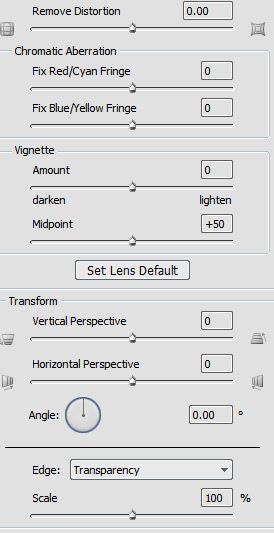Showing posts with label distortion. Show all posts
Showing posts with label distortion. Show all posts
Wednesday, December 9, 2009
Fish Eye Lens: Why fake it in photoshop when it's so much fun to shoot?

You want distortion, I'll give you some distortion! 10.5mm fixed focal length fish eye! I rented it for a shoot I did for a wedding magazine cover a few years back. Though they didn't end up using this image it's one of my favorites. It was a really bright summer's day in the early evening when we did this. You can see the touch of light on the bride's face from the sun behind them. The main light is actually my SB-800 on camera with no diffusion.
Anyone who's ever set foot on a "beach" in Washington state can agree that this is a distinctly Northwest beach (Alki to be exact) since no soft sand is anywhere to be found. Yes there is real sand on the Pacific Ocean side of the state, but here in the Sound nothing can compare that isn't man made. That said, the texture can be visually compelling.
My favorite part of this image is how the horizon and the drift wood bend in opposite directions. Word to the wise: before you add this lens to your Christmas list there are a few things you should know.
- When shooting with a severely wide angle lens place your subject at dead center since this will be the only spot free of distortion and the only spot really sharp.
- Watch where you stand. Your feet might be in every photo if you are not careful. I cloned my feet out of this image. While you are at it, be very careful of your background, more will be included then you'll be aware of.
- Know your camera's sensor. I have a Nikon D300; which is a crop frame sensor. This same lens on a full frame sensor camera is even wider! I want to buy Nikkor's 12-24mm wide angle zoom but honestly it won't be worth the investment until I buy a new camera body since I won't be able to see most of the area that is curving around the edges of the frame. Though, hats off the camera salesman at Glazers that totally sold me on the lens! I'll be back, camera guy- don't worry...
- Watch the lingo. There are two different types of wide angle lenses both with varying results. Rectilinear lenses (as the name suggests) produces straighter lines though some distortion will occur, Fish eye lenses produce the circular distortion the sample image illustrates.
- Be prepared for vignetting as part of the distortion. I like that look so, it;s a bonus for me.
- Bring a normal 50mm also, shoot the same subject with both lenses so you can see exactly how much changes with a different shaped glass. (Good learning tool.)
- Most of all try new things, lenses, angles, lighting styles, you name it! Experiment and learn from every frame and you'll a better photographer for it.
Tuesday, December 8, 2009
Correcting Lens Distortion in Photoshop
If you're like me and love wide angle you've come across some unwanted distortion a time or two. This mainly manifests itself around the edges of an image with bending and curvature. This can be a problem, especially when it happens to someone's head! For the image below you'll see in the before how large her hand looks, and her arm is probably 2 times as long as it should be. Since she's not a primate, this should be corrected. Here's how:
Original Image- (look at the left arm, she should be a basketball super star!)
Corrected Image- Still has a feeling of perspective, but her arm and face now look like they are supposed to be on the same body.
There you have it, one powerful filter to fix a host of distortions! It's also fun to use this same filter to add distortions and fake the look of a fish eye lens. Here's an example.
Distorted image: You'll notice how the distortion makes the subject separate from the background and then add curvature to the bridge in the background.
Original:
- Select Filter>Distort>Lens Correction. Depending on how your image is distorted you have a number of sliders to help correct the issue.
- Remove Distortion will help to bring an image back into proportion. This kind of problem often comes from fish eye lenses and other wider angle lenses. It is not as noticable with cropped frame sensors but it is very obvious with full frame senored digital cameras and traditional film cameras.
- Chromatic Aberration corrects color shifts.
- Vignetting, or a darkening around the edges of the frame. I often add a vignette for artistic means.
- Transform is what I used for the image below. First the Vertical perspective was adjusted to bring her face and arm back into correct proportion and then the Horizontal to shorten her right arm to the correct length. The image was then cropped since when you use this filter the edges of the image are no longer in their original position.

There you have it, one powerful filter to fix a host of distortions! It's also fun to use this same filter to add distortions and fake the look of a fish eye lens. Here's an example.
Distorted image: You'll notice how the distortion makes the subject separate from the background and then add curvature to the bridge in the background.
Original:
Subscribe to:
Posts (Atom)



